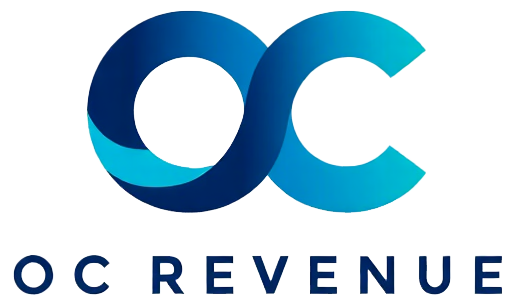Table of Contents
Recent Articles
Performance Benchmarking: Mastering Data for 2025 Success
Executive Summary:
In the coming year, organizations will face increasing pressure to leverage performance benchmarking as a vital tool for driving strategic growth and operational excellence. This article explores how mastering data and analytics can empower enterprises to optimize business outcomes and outlines how consulting expertise accelerates adoption of best practices in performance benchmarking.
Key Takeaways:
- Integrating robust data analytics into performance benchmarking enables precise forecasting and pipeline optimization aligned with 2025 business goals.
- Cross-department collaboration and revenue intelligence drive accountability and improved customer experience throughout the client lifecycle.
- Consulting services guide enterprises through change management, enhancing stakeholder alignment and technology adoption.
- Leveraging multi-touch attribution and revenue enablement refines compensation and team structure strategies to reduce churn and boost retention.
- Investing in sales automation and predictive health scoring tools is essential to gain competitive advantage and drive customer upsell opportunities.
Performance Benchmarking: Mastering Data for 2025 Success
Harnessing Data Analytics to Elevate Business Performance

Performance benchmarking in 2025 demands a transformation beyond traditional metrics — it requires deep integration of data analytics that span sales technology, marketing operations, and customer success lifecycle management. Executives need to move past siloed data to uncover actionable insights that predict customer behavior and optimize revenue attribution.
Many enterprises face challenges around data fragmentation across territories and departments, often impeding clear forecasting and pipeline visibility. By implementing advanced analytics and revenue intelligence platforms, organizations align their sales automation tools with real-time performance metrics to inform strategic decisions. For example, health scoring models can be leveraged to identify at-risk accounts, tailor compensation structures, and drive focused training to sales and account management teams.
Consulting firms specializing in analytics and change management help businesses untangle these complexities, guiding seamless technology integration and stakeholder management. This expertise ensures a comprehensive view of performance benchmarks, enabling executives to allocate resources efficiently and refine pricing and team structure strategies that improve both customer onboarding and retention.
Building Cross-Departmental Collaboration for Sustainable Growth

The effectiveness of performance benchmarking hinges on breaking down traditional silos between marketing, sales, and customer experience teams. True mastery requires enabling cross-department collaboration through integrated tools and well-defined journey mapping to smooth the marketing handoff and accelerate revenue enablement.
One common enterprise challenge is the lack of alignment on leads qualification and handoff timing, causing pipeline leakage and revenue loss. Industry-leading consulting organizations champion stakeholder management frameworks that foster transparency and joint accountability. This collaboration extends to adopting multi-touch attribution methodologies, which provide granular visibility into how different customer engagement touchpoints impact sales outcomes.
Through consistent communication and data sharing, companies can unify marketing operations with sales compensation plans, reinforcing the entire account management cycle from onboarding to customer upsell. Such comprehensive alignment not only improves performance benchmarking accuracy but also drives sustainable growth and churn prevention.
Leveraging Sales Technology and Automation to Drive Efficiency

Sales automation and cutting-edge sales technology continue to be catalysts for improved performance benchmarking and operational efficiency in 2025. Implementing AI-powered tools for pipeline management, forecasting, and predictive analytics enables sales leaders to optimize team structure and compensation frameworks effectively.
For example, automation streamlines repetitive tasks allowing sales teams to focus on higher value activities such as customer success and relationship building. AI-driven prediction tools facilitate more accurate forecasting and enable early identification of revenue risks, targeting churn prevention programs accordingly.
Consultants play an indispensable role by conducting readiness assessments and customizing adoption strategies to ensure the technology matches organizational needs. They embed training programs that accelerate user proficiency, helping enterprises fully extract value from their sales technology investments. Consequently, businesses unlock significant gains in performance benchmarking accuracy, leading to improved revenue attribution and overall competitiveness.
Implementing Strategic Change Management for Benchmarking Excellence
Adoption of performance benchmarking best practices requires structured change management to overcome resistance and embed new processes within existing culture. Leaders must emphasize continuous stakeholder engagement and articulate the business case linking benchmarking improvements to strategic outcomes such as increased retention and customer experience enhancements.
Consulting services bring proven frameworks for guiding organizations through this journey, balancing technology enablement with human factors. This includes developing communication plans that highlight benefits in tangible terms, such as how optimized pricing strategies can be driven through data insights or how improved team structure supports revenue enablement efforts.
Effective change management also dovetails with risk management, helping enterprises spot operational gaps early and proactively address risks impacting performance. By embracing such holistic guidance, companies ensure their benchmarking programs are resilient, agile, and fully aligned with their growth agenda for 2025.
Maximizing Business Outcomes with Integrated Revenue Intelligence
As performance benchmarking matures, revenue intelligence emerges as a critical focus area, combining analytics, sales automation, and cross-department collaboration to create a unified view of revenue drivers and barriers. Enterprises that harness this integration can accurately map customer journeys from lead generation through to customer upsell, improving forecast reliability and revenue attribution models.
This holistic approach enables leaders to fine-tune compensation models, optimize territory alignment, and refine marketing handoff processes for better conversion rates. Additionally, continuous analysis of customer behavior and health scoring informs proactive churn prevention and retention tactics, directly impacting long-term business value.
Expert consulting partners augment this effort by aligning tools, workflows, and team incentives under a cohesive strategy, ensuring performance benchmarking efforts translate into measurable business impact. Their guidance in deploying next-generation technology solutions and defining clear KPIs positions organizations to thrive amid evolving market demands.
For Further Information
- Understand the story behind your CRE portfolio’s performance
- UPCEA’s 2025 Online Education Benchmarking Report Provides Vital Data for University Leaders
- DDN Showcases AI400X3 Performance in Latest MLPerf Storage Benchmarks
- The Ultimate 2025 Guide to Coding LLM Benchmarks and Performance Metrics
- Digital Silk Outlines 2025 Web Design Performance Benchmarks for California Companies
Related Stories on the Web
The article on Performance Benchmarking: Mastering Data for 2025 Success was hopefully useful in helping you understand more about the topic.

